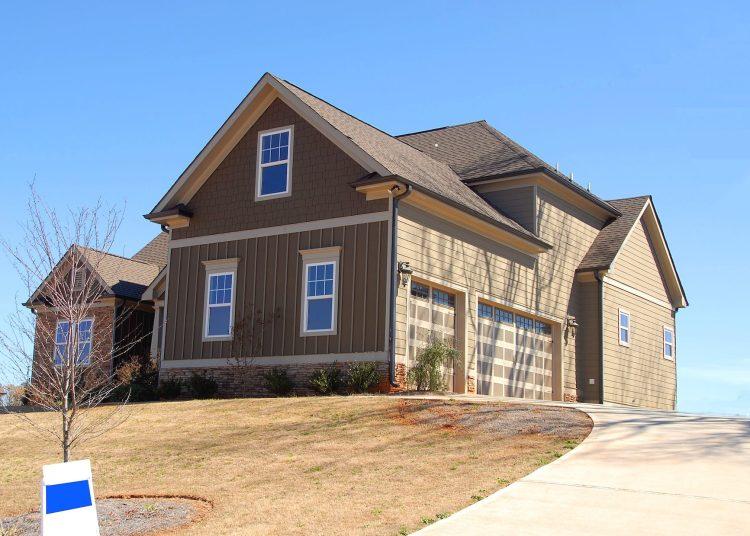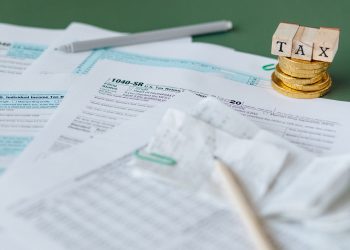(The Center Square) – Polk County Chief Deputy Assessor Bryon Tack told The Center Square Monday that the office is anticipating a 22 percent increase in housing assessments in 2023.
His team can’t recall when that large of an increase last occurred, and some staff members have worked for the office for nearly three decades, he said.
Polk County does reassessments over two-year periods, in odd-numbered years. Throughout 2021 and the first half of 2022, Polk County has experienced massive appreciation in the housing market, and sales numbers drive the anticipated change, Tack said.
While these are still preliminary numbers, Tack’s team is fairly confident in the number, he said. The county has had enough housing sales clustered around the median that Tack doesn’t believe there will be enough housing sales of sharply contrasting sales ratios to greatly influence the change.
He said inflation and greater demand than supply have contributed to increases in housing prices. Assessments reflect that change, Tack said. He said he doesn’t know yet how the assessments will affect property taxes.
The Iowa Department of Revenue will develop statewide averages and Iowa has residential rollbacks. Currently, the residential rollback is 54 percent; residents pay taxes on 54 percent of their assessment, Tack said. The state will lower the residential rollback percentage to reflect the change in assessment to cap some of the growth, he said. Local taxing bodies will determine any changes to their budgets and levy rates, which will impact property taxes, he said. Property tax bills are assessment multiplied by residential rollback multiplied by tax rates. Since residential rollback and tax rates aren’t yet known, the impact on residents’ property taxes isn’t yet known either. People will begin paying property taxes on the January 2023 assessment beginning in September 2024.
Tack said people should also know that the office has to use statistics to reassess the nearly 200,000 parcels in Polk County since the office doesn’t have the resources to look at every single property when it’s setting the assessment.
“That’s not intentional, but that just kind of the nature of it,” he said. “You miss some. Some of the high side. Some on the low side. The ones you’re low on, you typically don’t hear from those people. But the ones you miss on the high side, you should hear from those people if we haven’t gotten the assessment right.”
Property assessments will come out around April 1. During that month, residents can appeal their assessments to their local board of review if they don’t think their assessment reflects the property’s market value. The board will want to know why the resident doesn’t believe the assessment is accurate. If the property wasn’t recently sold, the best evidence of why an assessment should be changed is sales of similar nearby homes. He said Polk County anticipates thousands of appeals. If staff agree with the resident, they’ll make a recommendation to the board for the assessment to decrease. Then, the board has an easier decision to make, he said.
“It’s not always as adversarial as some people think it is,” he said.
The next step for residents is to get involved with local taxing bodies’ budget hearings since they determine levy rates and, ultimately, property taxes, he said.
“That’s where you can really have the greatest effect, and many people don’t participate in that part of the process,” he said.
Polk County residential property values went up 7.45 percent in 2021 and 8.75 percent in 2019, WOI TV 5 reported.
















